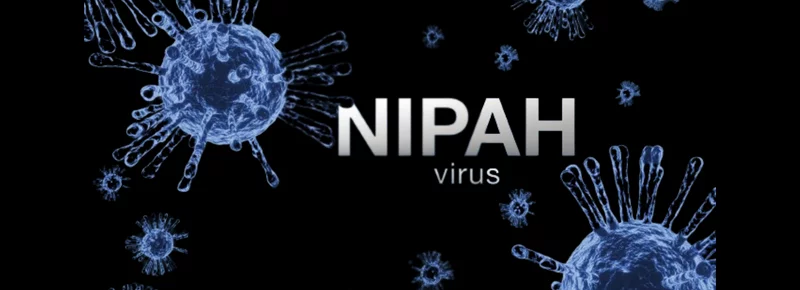Fact-check: Debunking 3 myths about veganism
Author
Author
- admin / 3 years

- 0
- 2 min read

Author
Proteins are not only found in meat and dairy products, but also in plant-based diets.
As the world continues to tackle the growing challenges of climate change and global warming, veganism has emerged as a popular lifestyle choice. However, there are many misconceptions that prevail regarding vegan food choices. Here is a look at some common myths about veganism:
Myth 1: Vegans and vegetarians are the same.
Fact: Vegans do not consume any animal-related products, including milk and honey. Vegetarians, on the other hand, avoid all kinds of meat, but they may consume milk and dairy products. Beyond food choices, most vegans also refrain from wearing or using animal-related or animal-tested products.
Myth 2: Vegans are malnourished.
Fact: There’s no scientific basis to the claim that vegans are malnourished due to their supposed low protein intake. The fact is that proteins are not only found in meat and dairy products, but also in plant-based diets such as oats, beans, spinach, tofu, lentils and nuts. Some studies indicate that vegans may have improved levels of blood cholesterol and blood sugar levels, thereby reducing the risk of cardiovascular diseases.
Myth 3: Men who drink soy milk have high estrogen.
Fact: It’s important to remember that plant-based estrogen and animal-based estrogen are not the same. Consumption of soy milk has no adverse effect on one’s hormonal system. Soy milk is healthy. Soy is a nutrient-dense source of protein that can safely be consumed by men and women.
To be or not to be a vegan is a question of personal choice. Either way, it’s important to base the decision on facts and not myths.
In case you want to fact-check any health-related claims, you can mail us at hello@firstcheck.in or WhatsApp us on +91 9311 223145










